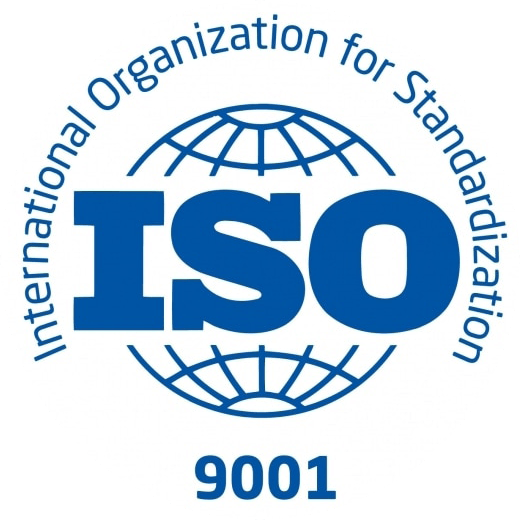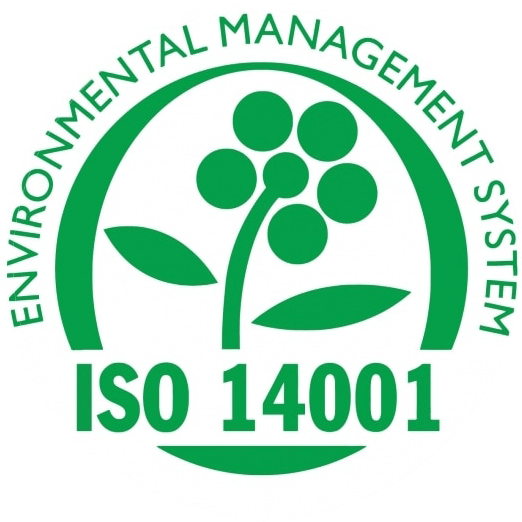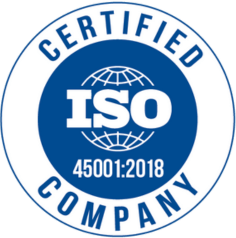In 2012, the NSW Government manifested its unwavering commitment to superior customer service by inaugurating Australia’s premier Customer Service Commissioner. The initiative aimed to cultivate a culture that profoundly values customer service, embedding it as a fundamental legislative objective.
An overwhelming 90% of Australian consumers regard exemplary customer service as pivotal in their purchasing decisions. However, the past five years have witnessed a global decline in customer service satisfaction.
To meet ISO customer service standards, an organization must secure certification, necessitating the demonstration of exemplary practices aligned with ISO’s international benchmarks.
What is the ISO (International Organization for Standardization)?
In 1946, sixty-five delegates from twenty-five nations convened in London to deliberate on the future of international standardization. The following year, ISO was formally established, anchored by 67 expert groups. As a non-governmental entity comprising 164 national standards bodies, ISO facilitates knowledge sharing among experts who develop voluntary, market-relevant, consensus-based international standards.
These standards address global challenges and evolve in tandem with innovations and customer needs. Presently, ISO boasts 784 technical committees and over 23,000 international standards.
What is the ISO 9001 Standard?
ISO 9001 outlines requirements for a quality management system (QMS), which certified organizations must adhere to. Globally utilized, this standard attests to a company’s ability to consistently deliver high-quality products and services that meet customer and regulatory requirements, while also underscoring continuous improvement.
What Does It Mean When Your Business is Certified?
Certified entities are obligated to develop, maintain, and perpetually refine their business processes, ensuring alignment with ISO quality standards. Certification signifies a company’s dedication to customer satisfaction, promising superior quality products and services.
Why Do ISO Standards Matter?
ISO standards hold immense significance for several reasons:
- – They deliver legitimate value through resource and material savings.
- – They provide marketing and sales advantages.
- – They demonstrate a steadfast commitment to meeting partner and customer requirements.
Adopting a QMS under ISO standards enhances business processes and reduces non-conforming products and associated costs.
Components of ISO 9001 Certification
ISO 9001 strives to offer a practical QMS that seamlessly monitors and improves all business facets. The procedures are designed to be manageable and beneficial, enhancing every organizational aspect.
Customer Satisfaction
Achieving ISO 9001 certification results in augmented profit and productivity, boosting customer retention and acquisition. Globally recognized customer service guidelines assure customers of high standards, fostering trust and preference for certified companies.
Tailored Training
Transitioning to a QMS that aligns with company culture necessitates comprehensive training across all departments. This structured training ensures a collective understanding and appreciation of the ISO experience, facilitating smooth adaptation to new systems.
Continuous Coaching
Continuous coaching is crucial for the ongoing improvement of business processes. A streamlined approach to certification ensures simplicity and affordability, while establishing rigorous guidelines that set businesses apart.
Improved Quality Management System
A QMS documents processes, responsibilities, and procedures, ensuring regulatory and customer requirements are met. ISO 9001, the gold standard for QMS, promotes effective business practices and consistent quality improvement.
Setting Realistic Expectations
Commitment to change requires realistic expectations. By aligning goals with the unique culture of your business, future obstacles become minor hurdles, leading to monetary improvements, enhanced customer satisfaction, and a cohesive company culture.
ISO Experience Benefits
ISO 9001 certification offers numerous benefits, including:
- – Reduced waste
- – Applicability to small and large organizations
- – Enhanced effectiveness
- – Increased productivity and profit
- – Superior internal management
- – Global recognition
- – Improved customer acquisition and retention
- – Consistent outcomes
- – Compatibility with additional ISO standards
- – Accreditation by Sustainable Certification
- – Cost reduction
- – Elevated customer satisfaction
Requirements and Elements of a QMS
An efficient QMS encompasses several essential components, such as:
- – Quality Manual
- – Data management
- – Quality objectives and policy
- – Instructions, procedures, and records
- – Internal processes
- – Product quality customer satisfaction
- – Improvement opportunities
- – Quality analysis
ISO regularly audits organizations’ quality and sustainability, ensuring adherence to evolving standards and regulations.
Don’t Wait to Improve Your ISO Customer Service
Adopting ISO customer service standards and regulations will enhance your business processes and communication. A certified team will be happier and more productive, attracting customers who seek ISO-compliant services and products.
To discover how Sustainable Certification can elevate your business, contact us with any queries. We are here to facilitate your journey towards improved business excellence.









